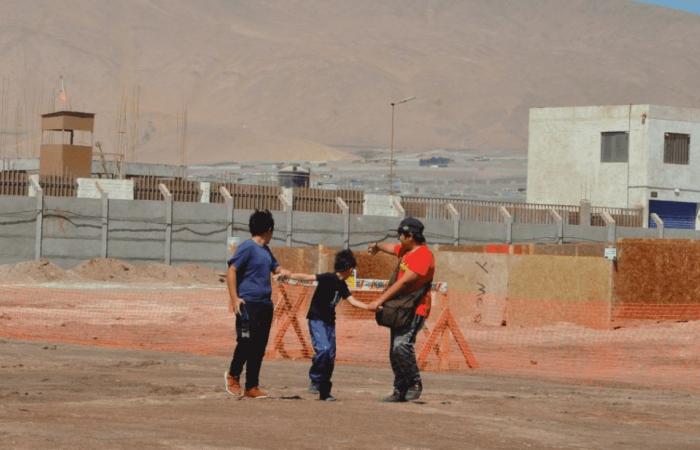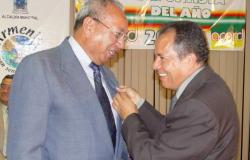
● The initiative seeks to prevent transgressive and risky behavior among minors between 10 and 17 years of age, for which it involves members of their family and educational environments.
Reaching more than 750 children and adolescents (NNA) served in two years is the objective that the Lazos Program of the Undersecretary of Crime Prevention (SPD) has set in the Tarapacá Region. The program seeks to prevent risky behavior, for which it works directly with the entire family environment of children and adolescents, in order to provide them with better parenting tools and thus be able to detect possible problems in time.
Today, Lazos has a presence in more than 60 communities in the country, with different components that adapt to each level of risk and the needs of each family. In 2023 alone, in the Tarapacá Region the program served 310 minors and this year it is expected to reach 448, for a total of 758 services in two years.
Among those who went through the program in the region in 2023, 118 children and adolescents from Iquique and Alto Hospicio received the intervention of Multisystemic Therapy (MST), an intensive component aimed at high-risk cases that has a team of specialized professionals who are available 24 hours a day. After the deployment of the program, 95.1% of these children and adolescents continued to live in their homes; 96.3% remained in school or are working, and 90.3% did not register new arrests, according to monitoring carried out by the SPD.
In parallel, another 192 minors under 18 years of age who presented disruptive behaviors or risk factors were also intervened by professionals from the Lazos Program. The programmatic offering addresses cases of children and adolescents with problematic or transgressive behaviors, and stands out for using an intervention methodology where families and educational communities play a vital role in installing positive values and behaviors.
Regarding the importance of Lazos in the Tarapacá Region, criminologist and presidential delegate Daniel Quinteros pointed out that in Chile and the world there is already enough scientific evidence regarding the significance and impact of preventing crime and drug consumption in early: “Serious and responsible work in security matters requires not only strengthening criminal prosecution capabilities, but also taking charge of prevention and reintegration through evidence-based policies that have proven results and that are capable of cutting early criminal careers, allowing people who have committed a crime and who have been punished for it not to reoffend in the future.”
Along the same lines, Paula Fortte, lawyer and regional coordinator of the SPD, stressed the need for families and educational communities to be part of the solution: “The intervention does not only focus on the disruptive behavior that the child may present. or adolescent, but also in the development of parenting skills. Through the positive parenting approach, we seek to strengthen the role of caregivers, providing them with positive parenting tools and increasing their confidence in their abilities as responsible caregivers.”
Furthermore, Fortte added that “the participation of schools is also crucial, since it is the teachers and parateachers who interact with children and adolescents most of the day. The observation that they can make through the school coexistence programs becomes very important, since they can channel their concerns towards Lazos.
For her part, Catalina Rodríguez, an early detection professional from Lazos in Tarapacá, explains that the work begins with the detection or investigation of cases, for which they have the close collaboration of Carabineros, educational establishments and other government institutions. and civil society. After a diagnosis is made with the children and adolescents subject to intervention and their families, they are referred to one of the two modalities with which the program operates.
Finally, Mónica Araya, multisystemic therapy supervisor at the local Lazos office, commented that in “the positive parenting modality, cases of low and medium socio-criminal risk are addressed, through socialization and delivery of positive parenting tools, sexuality and assertive relationships. with peers, among other topics, while in the multisystemic therapy modality, more complex cases are addressed with the help of specialized therapists who are deployed territorially to accompany and monitor the beneficiaries in their family and educational environments.





